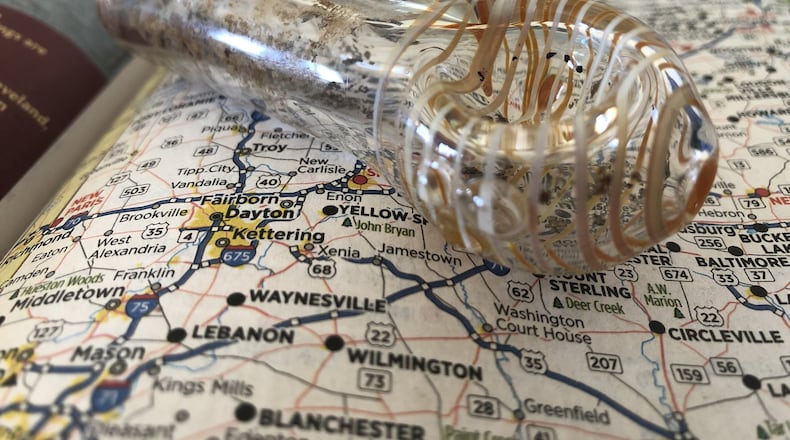Years ago, Dayton police candidates were disqualified if they had used marijuana in the previous three years, police officials say.
But the department revised its policy as attitudes about marijuana changed.
The Dayton Police Department currently says job candidates who have used marijuana in the past 12 months are not eligible to join the force.
Some recruitment committee members say they do not think police candidates should be eliminated from contention if they used marijuana more recently than a year ago.
They said candidates could have used the drug legally in places like Michigan, California and Washington.
About 15 U.S. states have legalized marijuana for recreational use, and other states are expected to follow suit in the not-too-distant future.
Also, Dayton voters a few years ago overwhelming approved decriminalizing marijuana possession in the city, which led to the elimination of fines and other penalties for getting busted with small amounts of the drug.
“Are we making an archaic restriction, and is it eliminating some of the people that we’re trying to get, especially young folks?” said William Gillispie, a member of the recruitment police reform group.
The city processed but did not hire three job candidates last year because they tested positive for drugs, said Ken Thomas, the secretary and chief examiner with Dayton’s civil service board.
Since 2017, five candidates on the police recruit eligible list were removed for marijuana use, the city said, and one individual also got in trouble for marijuana sales and illegal cultivation operations.
The recruitment group is expected to develop a marijuana policy proposal that could be shared at its next meeting.
A Dayton police recruit recently was probationary discharged from the academy because the individual was using nicotine, Thomas said.
The discharge happened in late January, following a positive nicotine screening a few weeks earlier, the city said. Officials say it was the recruit’s second failed nicotine screen.
In 2019, the city announced it would no longer hire job candidates who actively use nicotine or tobacco.
City officials said the new policy seeks to create a healthier workforce and control rising health care costs.
The police recruit had six months to quit nicotine and had access to tobacco cessation programs through the city health insurance plan and public health, city officials said.
The city says 11 job candidates have tested positive for nicotine since the new policy went into effect.
Five candidates were hired, while six were not.
“I think we need to think about marijuana the same way we think about nicotine,” said Dayton Mayor Nan Whaley, co-lead of the recruitment reform group. “We don’t want people smoking marijuana regularly, frankly, for health reasons, just like we don’t want people smoking cigarettes.”
About the Author




